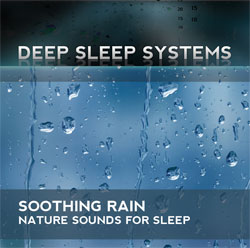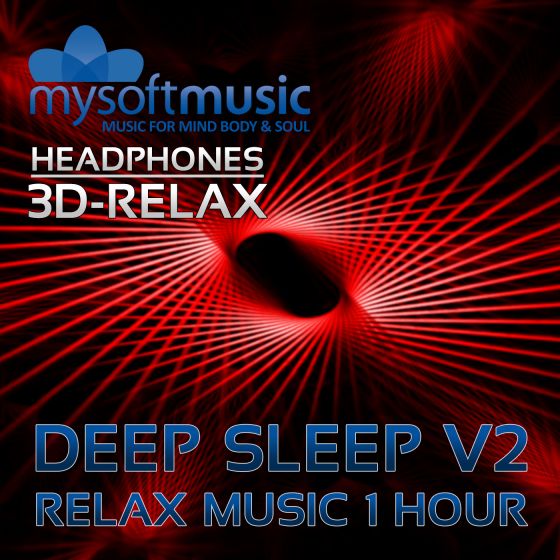

Can I use the app on both my iPhone and iPad? Scroll down and press “Restore Purchases”. In the App, go the Settings, In-App Purchases. How do I restore my previous In-App Purchase? You can make an In-App Purchase to unlock continuous play or set a timer for up to 12 hours.
#Deep sleep sounds free#
The Free version of the App limits play to one hour at a time. Why does the app stop playing after an hour? This setting causes the app to begin playing the last selected sound immediately when you open the app. The study is published in the journal Learning & Memory.Frequently Asked Questions What does the “Auto Play” control do? The next steps for our research team are to establish how these cues cause forgetting, so that we can turn the effect on and off, and whether we can use the same technique to weaken existing real-world memories.” “This research raises the possibility that this process could be manipulated so that sleep could be used to help weaken painful memories.

Aidan Horner from the Department of Psychology at the University of York. The exact mechanisms at play remain unclear, but during sleep it seems that important connections are strengthened and unimportant ones are discarded,” concludes senior study author Dr. We know that sleep is critical for memory processing, and our memories are typically better following a period of sleep. “The relationship between sleep and memory is fascinating. Study authors conclude this indicates it is indeed possible to induce selective forgetting by playing associated sounds during sleep. This project found that when the pairs of words overlapped, an increase in memory occurred for one pair, but a decrease in memory occurred for the other pair. hammer).Įarlier studies have found that learning a pair of words and then hearing a sound associated with that pair during sleep can improve participants’ memory for the word pair after waking up the following morning. When that happened, the team quietly played the word denoting the object for each participant (i.e. As they slept, the research team analyzed their brainwaves and then pinpointed when they reached deep or slow-wave sleep (also known as stage-three sleep). Next, participants slept overnight in the University of York’s sleep lab. For example, the group had to learn the word pairs “hammer – office” and “hammer – Cardi B.” Study authors taught a group of 29 participants associations between overlapping pairs of words. Though still a long way off, our discovery could potentially pave the way to new techniques for weakening those memories that could be used alongside existing therapies.” How did a sound make people forget memories? “People who have experienced trauma can suffer a wide range of distressing symptoms due to their memories of those events. Bardur Joensen, a former PhD student in York’s Department of Psychology, in a university release. “Although still highly experimental at this stage, the results of our study raise the possibility that we can both increase and decrease the ability to recall specific memories by playing sound cues when an individual is asleep,” says first study author Dr. While prior research reveals that playing “sound cues” during sleep can help strengthen or boost specific memories, this is the first ever project to produce compelling evidence that the same strategy can help people forget. While this discovery is very much in its early phases, study authors believe their work opens the door for the development of new techniques aimed at weakening traumatic and intrusive memories. Scientists report playing sounds to people while they sleep can help them forget specific memories.

Now, researchers from the University of York suggest there may be a simple way to leave bad times in the past: sound cues. Traumatic, sad, or just downright embarrassing memories tend to persist in our minds and bubble to the surface at inopportune moments. HESLINGTON, United Kingdom - The past often serves to motivate and push us forward, but bad memories also have a way of holding us back.


 0 kommentar(er)
0 kommentar(er)
